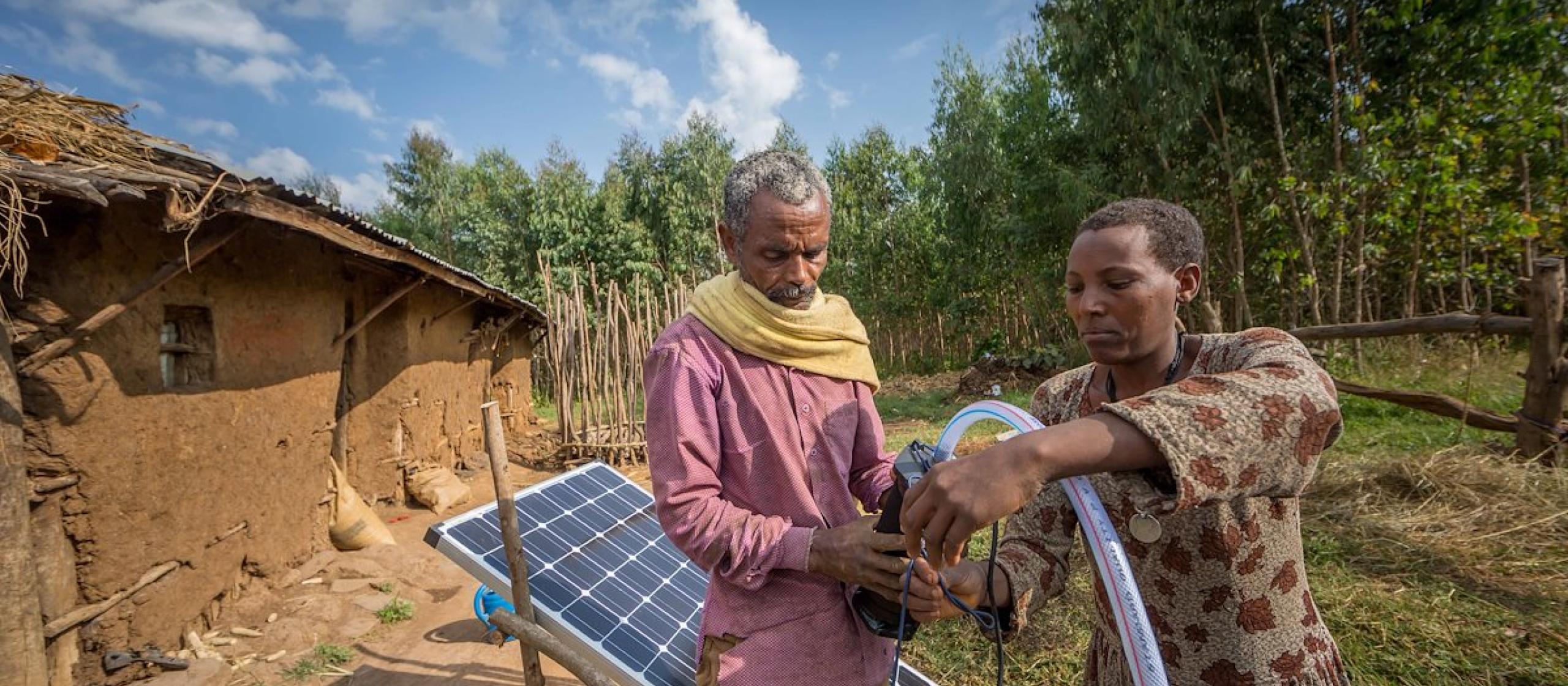- HomeHome
-
About ACIAR
- Our work
- Our people
-
Corporate information
- ACIAR Audit Committee
- Commission for International Agricultural Research
- Policy Advisory Council
- Agency reviews
- Executive remuneration disclosure
- Freedom of information (FOI)
- Gifts and benefits register
- Information publication scheme
- List of new agency files
- Contracts
- Legal services expenditure
- Privacy impact assessment register
- Commonwealth Child Safe Framework
- Benefits to Australia
- Careers
- 40 years of ACIAR
-
What we do
- Programs
- Cross-cutting areas
- Resources
- Where we work
-
Funding
- Research projects
- Fellowships
-
Scholarships
- John Allwright FellowshipScholarships to study in Australia for ACIAR partner country scientists to have Australian postgraduate qualifications
- ACIAR Pacific Agriculture Scholarships and Support and Climate Resilience Program
- Alumni Research Support Facility
- Publications
- News and Outreach
Date released
10 February 2020
An alliance led by the Bill & Melinda Gates Foundation has rallied to increase funding for the CGIAR to the tune of more than US$650 million to better support smallholder farmers in developing countries to adapt their farming practices and systems to changing climates.
‘Most people have never heard of it but CGIAR has done more to feed the world’s poorest people than any other organisation on earth,’ said Bill Gates, Co-chair of the Bill & Melinda Gates Foundation and Co-chair of the Global Commission on Adaptation, speaking at the 2019 United Nations Climate Action Summit in New York.
Investments in CGIAR have proven to be highly cost-effective, generating returns ranging from $2 to $17 for every $1 invested, with significant economic benefits for producers and consumers.
CGIAR’s work is concentrated in areas of the developing world where most people work in agriculture, and where farming is the main source of food and income for hundreds of millions of households.
Climate change and climate shocks put the most vulnerable people at risk. Extreme heat, droughts, floods and volatile, unpredictable growing seasons harm farmers and production systems.
‘Ultimately we need to double funding for CGIAR research to fully equip this unique and valuable institution to confront a wide range of climate challenges. These commitments are a critical down payment toward reaching that goal,’ Mr Gates said.
Joining the Bill & Melinda Gates Foundation in this funding commitment is the World Bank, the European Commission and five individual countries: the Netherlands, the United Kingdom, Switzerland, Sweden and Germany.
Climate change is already producing a surge in the frequency and intensity of droughts that is reducing production of Africa’s most important crop, maize. At the same time, increased flooding in South Asia is threatening the rice harvests that sustain millions.
Climate change is also likely to reverse major reductions in poverty that have been achieved largely by boosting the productivity of smallholder farms in countries like Rwanda, Ghana and Ethiopia.
CGIAR researchers have previously delivered new climate-smart crop varieties, sustainable and resilient approaches to crop and livestock production, affordable insurance for livestock keepers that uses satellite data to monitor grazing conditions, and a ‘climate smart village’ approach to improve whole-of-community resilience.
Executive Director of the CGIAR System Organization, Elwyn Grainger-Jones, says, ‘Farmers need a host of new innovations to overcome a growing array of climate threats. This new funding is an important start towards a global effort to substantially increase support for CGIAR activities.’
Mr Grainger-Jones says CGIAR has been working closely with smallholder farmers across the developing world for almost 50 years. ‘We know a lot about the crops they grow, the livestock they keep and the challenges and opportunities they currently face. We are ready to put the full force of our insights and activities behind a major effort to confront the climate emergency they now face,’ he adds.
The additional funding from the Bill & Melinda Gates Foundation, which will commence in 2020, will support a wide range of activities across the CGIAR System to deliver a steady stream of adaptation solutions to smallholder farmers.
Key points
- Climate change threatens to reduce the productivity of smallholder farms.
- Funding will support farmers in developing countries to adapt their farming to climate change.




